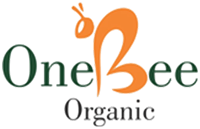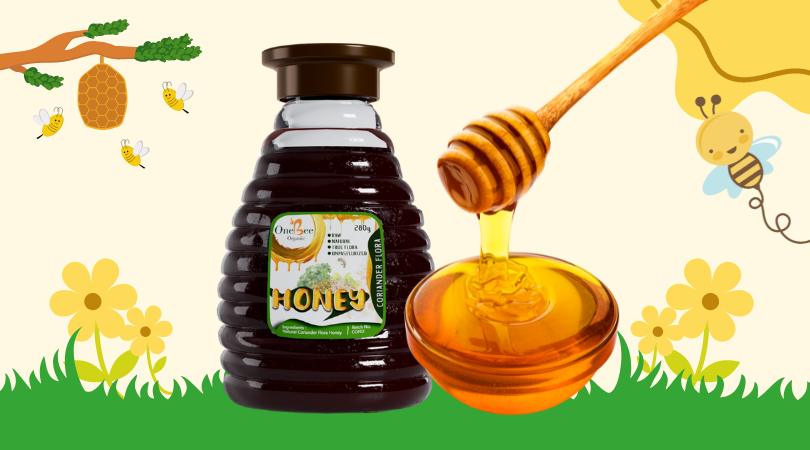Natural honey is a sweet, viscous substance produced by honey bees from the nectar of flowers.
It’s a complex mixture of sugars, enzymes, and water, and it’s been prized for its taste and potential health benefits for centuries.
How is it made?
Honey bees collect nectar from flowers and store it in their honey stomachs. Back at the hive, they regurgitate the nectar, which is then processed and dehydrated by other bees. The resulting product is honey, which is stored in honeycomb cells for later consumption.
Types of Honey
There are many different types of honey, depending on the flowers the bees visit. Some common types include:
- Raw honey: This is honey that has undergone minimal processing. It may contain pollen, beeswax, and other natural impurities.
- Regular honey: This honey is typically pasteurized and filtered to remove impurities and extend shelf life.
- Manuka honey: This honey comes from bees that feed on the manuka plant and is known for its potential antibacterial properties.
Benefits of Honey
While more research is needed, honey is often associated with several potential health benefits, including:
- Antioxidant properties: Honey contains antioxidants that may help protect cells from damage.
- Antibacterial and antimicrobial effects: Some types of honey, like Manuka honey, have been shown to have antibacterial properties.
- Cough relief: Honey can be effective in soothing coughs, especially in children.
- Skin benefits: Honey is often used in skincare products for its moisturizing and soothing properties.
Important note: While honey is generally safe for adults, it should not be given to infants due to the risk of botulism.

